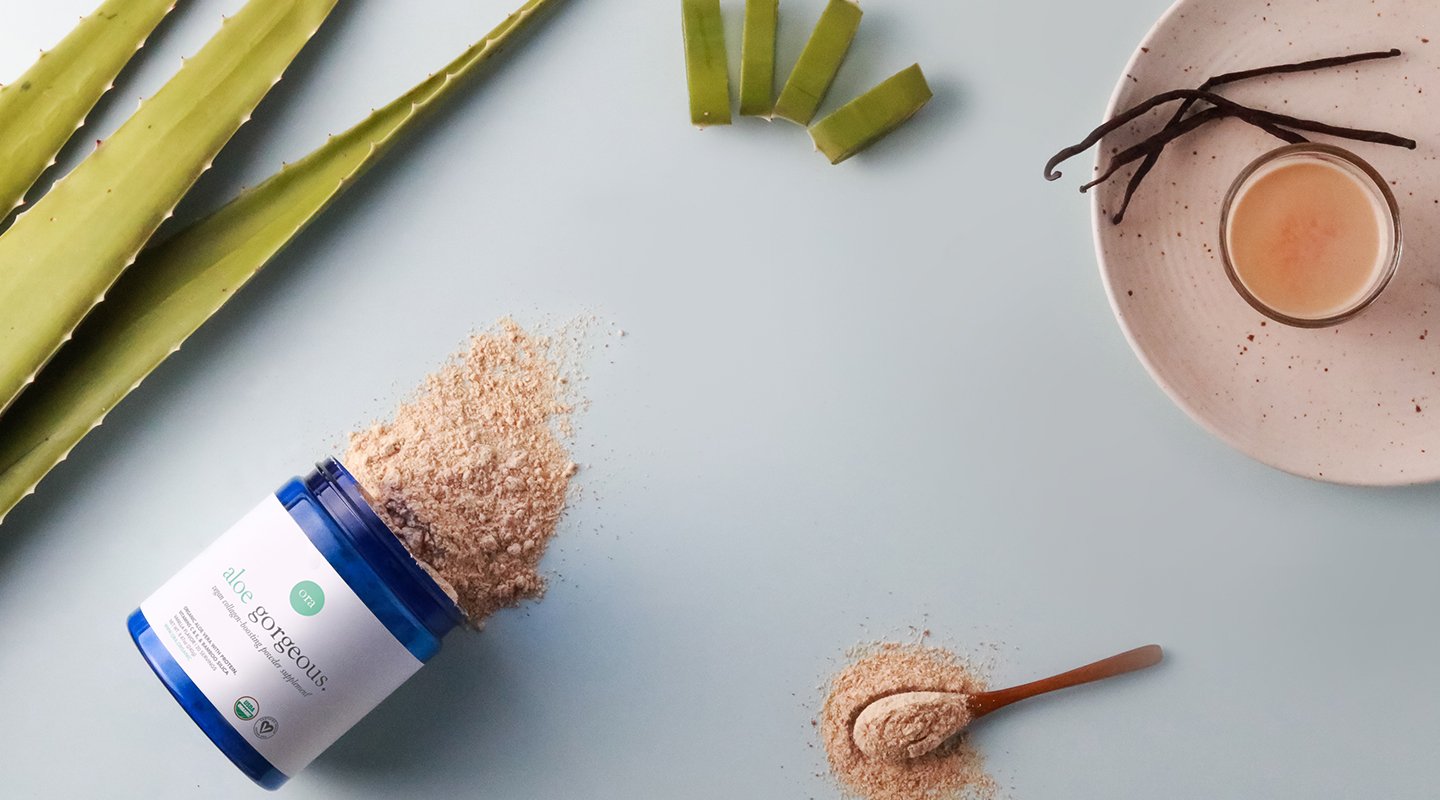Cirrhosis is a serious condition that causes scarring and permanent damage to the liver. Over time, the disease keeps the organ from working properly and eventually causes failure. here are two stages in cirrhosis: compensated and decompensated.Compensated cirrhosis: People with compensated cirrhosis do not show symptoms, while life expectancy is around 9–12 years. A person can remain asymptomatic for years, although 5–7% of those with the condition will develop symptoms every year. Decompensated cirrhosis: People with decompensated cirrhosis already experience symptoms and complications. Their life expectancy is greatly reduced than those with compensated cirrhosis, while experts recommend referral for a possible liver transplant in these cases. or people with cirrhosis, there is a close link between life expectancy and the number of symptoms and complications they experience. Physicians use CTP and MELD scores for guidance in referrals for liver transplants. Although this condition greatly reduces life expectancy, there several ways, such as certain dietary changes and avoiding alcohol, that may help.(Credits: www.medicalnewstoday.com)


